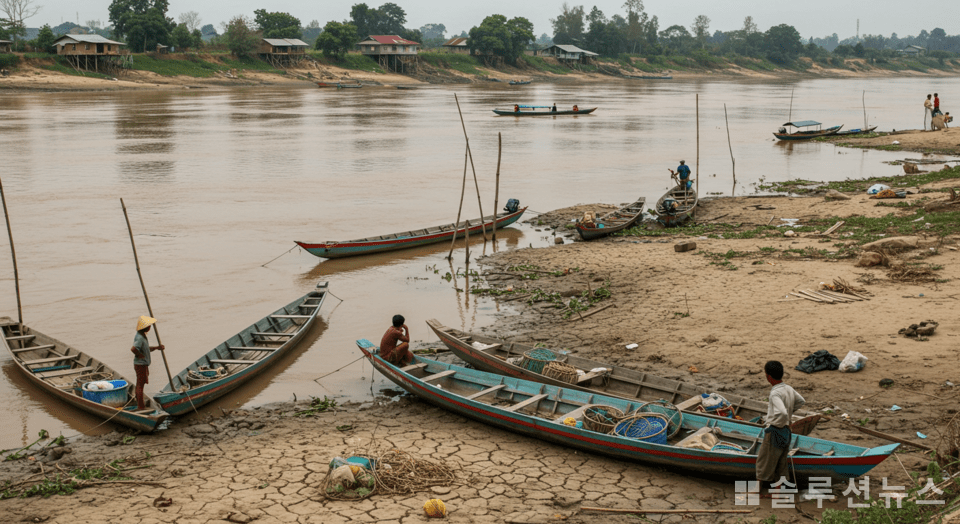On the 25th, at the Han River Flood Control Office located in Seocho-gu, Seoul, Minister of Environment Kim Wan-seop and Cambodia’s Minister of Water Resources and Meteorology, Thor Chetha, held a bilateral meeting to discuss ways to strengthen water management cooperation between the two countries. This meeting was arranged at the request of Minister Chetha on the occasion of his attendance at the 3rd Korea-Mekong International Water Forum.
Cambodia is currently facing intensified water-related issues such as flooding, droughts, and shortages of agricultural water due to climate change, increasing the need for an integrated water management system. In response, the two countries agreed to expand their existing cooperation and solidify a strategic water management partnership to address the climate crisis.

The Ministry of Environment has previously undertaken collaboration projects such as expanding water supply facilities in Battambang Province, enhancing hydrological survey and data management capabilities, and establishing comprehensive plans for integrated river water resources management. Currently, a project is underway to establish a smart water management system in Phnom Penh.
During this meeting, the two parties confirmed a consensus on the project to construct a waterway connecting the Mekong River to the Stung Sen River. This project, with an estimated total cost of approximately 700 billion KRW, aims to preserve the biodiversity of the Tonle Sap Lake and mitigate flood and drought damage.
After the meeting, the Cambodian delegation visited the control room of the Han River Flood Control Office to observe demonstrations of Korea’s AI-based flood forecasting system, water management information system, and flood risk maps. Both countries agreed to continue seeking practical cooperation measures based on these technologies.
Minister Kim Wan-seop expressed, “I hope this meeting will serve as a genuine opportunity for domestic water companies to enter overseas markets,” adding, “We will strengthen international cooperation to tackle the climate crisis and enhance the global competitiveness of the domestic water industry.”
The Ministry of Environment plans to actively support the overseas expansion of domestic water companies through international development cooperation projects, support for overseas demonstrations, and market exploration.